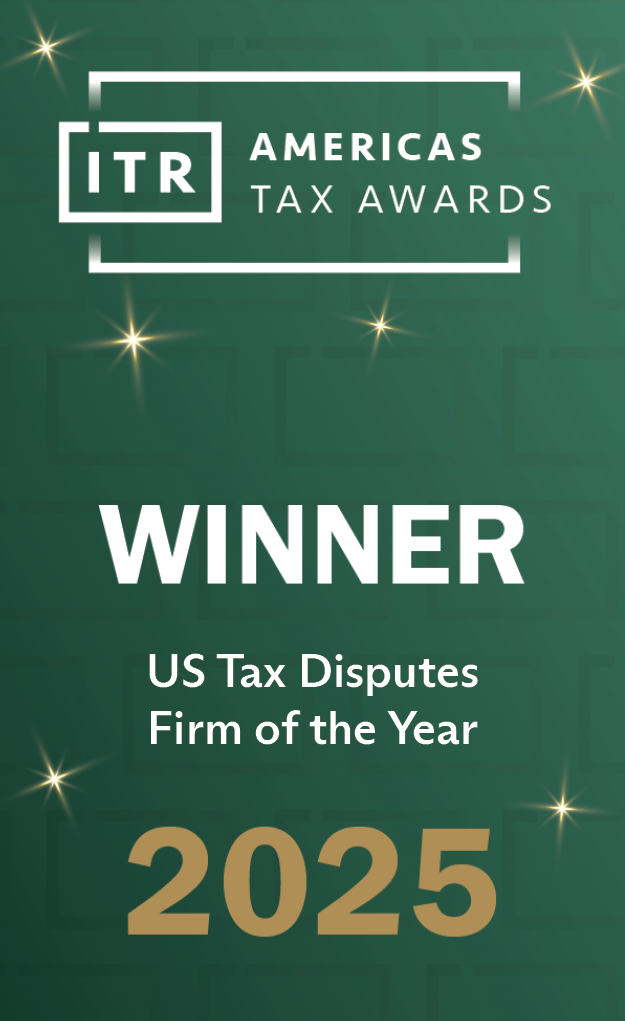On October 2, 2017, the US Department of the Treasury (Treasury) submitted a report (Report) to the President of the United States recommending the withdrawal, revocation or revision of eight Treasury Regulations in order to eliminate or otherwise mitigate the “burdens imposed on taxpayers.” This action springs from Executive Order 13789 issued by the President on April 21, 2017, calling on Treasury to identify and reduce tax regulatory burdens that impose undue financial burdens on US taxpayers or otherwise add undue complexity to federal tax laws.
The Report is largely consistent with Treasury’s interim report dated June 22, 2017, but sets forth in greater detail the specific actions recommended by Treasury. However, the Report also stated that Treasury is considering possible reforms of several recent regulations not identified in its interim report, such as regulations under Internal Revenue Code (Code) Section 871(m) (relating to payments treated as US source dividends) and the Foreign Account Tax Compliance Act. The Report also states that Treasury and the Internal Revenue Service (IRS) have initiated a comprehensive review of all regulations—regardless of when they were issued—that is coordinated by the Treasury Regulatory Reform Task Force and is a furtherance of executive orders adopting a PAYGO approach to regulations.
The key recommendations in the Report are as follows.
- Withdrawal of proposed regulations under Code Section 2704 (addressing the valuation for wealth transfer tax purposes of interests in family-controlled interests). The Report provides that the proposed regulations would have narrowed longstanding exceptions and dramatically expanded the class of restrictions that are disregarded under Code Section 2704.
- Withdrawal of proposed regulations under Code Section 103 (requiring a “political subdivision” to possess not only significant sovereign power, but also to meet enhanced standards to show a governmental purpose and governmental control).
- Revocation in-part of final regulations under Code Section 7602 permitting the IRS to use private contractors to assist the IRS in auditing taxpayers. The Report expresses concern that the regulations permit private contractors to receive and review records produced in response to a summons, be present during interviews of witnesses and question witnesses under oath. Treasury intends to narrow the scope of these regulations by prohibiting the IRS from enlisting outside lawyers to participate in an examination, including a summons interview. Under the amendment currently contemplated by Treasury and the IRS, outside lawyers would not be permitted to question witnesses on behalf of the IRS, nor would they be permitted to play a behind-the-scenes role (i.e., reviewing summoned records or consulting on IRS legal strategy).
- Potential revocation of proposed and temporary regulations under Code Section 707 governing how liabilities are allocated for purposes of disguised sale treatment. The Report provides that these regulations would have changed the tax treatment of forming many partnerships, and that Treasury and the IRS are considering whether these rules should be revoked (in which case the prior regulations will be reinstated).
- Potential revocation of the documentation requirements under Code Section 385. The Report provides that the current documentation regulations (the implementation of which has been delayed until 2019 by Notice 2017-36) depart substantially from current practice and would have compelled corporations to build expensive new systems to satisfy the regulations. Treasury and the IRS are considering taking action to revoke the documentation requirement as issued and, alternatively, developing revised documentation rules that would be “substantially simplified and streamlined.” In particular, the revised documentation rule would modify the requirement that taxpayers document a “reasonable expectation of ability pay indebtedness.” Lastly, the Report notes that, although the remainder of the Code Section 385 regulations will remain unchanged, their net effect could be mitigated by the enactment of tax reform.
- Revision of the Code Section 367 final regulations to develop a proposal expanding the scope of the active trade or business exception that would include relief for outbound transfers of foreign goodwill and going-concern value attributable to a foreign branch. The Report notes that this exception would have “limited potential for abuse and administrative difficulties, including those involving valuation.”
- Consideration of revisions to temporary regulations under Code Section 337(d) that would limit the taxable gain recognized in situations where gain is recognized in excess of the amount that would have been recognized if a party to a spin-off had directly transferred assets to a real estate investment trust (REIT) (as a result of Treas. Reg. 1.337(d)-7T(f)(2)). Treasury and the IRS also contemplate other technical changes to further narrow the application of these rules.
- Modification to the final regulations under Code Section 987 to permit taxpayers to elect to defer the application of Treas. Reg. § 1.987-1 through 1.987-10 until at least 2019. In addition, Treasury and the IRS intend to propose modifications to permit taxpayers to elect to adopt a simplified method of calculating Code Section 987 gain and loss and translating Code Section 987 income and loss.
Practice Point: Taxpayers should determine if one or more of these regulations may apply as currently drafted and, if so, consider the practical impact of Treasury’s recommendations. In addition, taxpayers should also monitor future developments from the Treasury Regulatory Reform Task Force to stay informed of additional recommendations.







